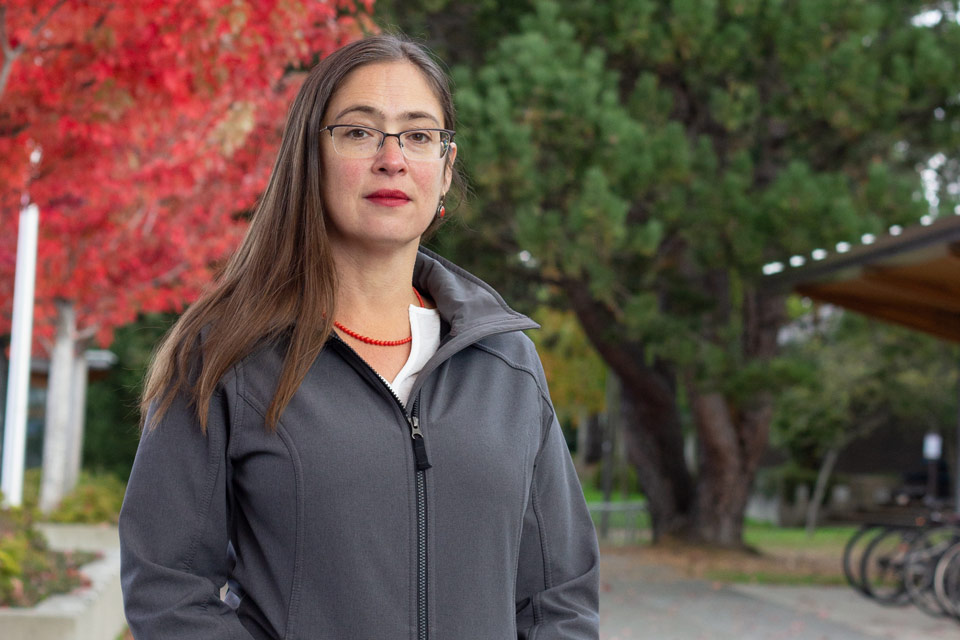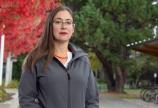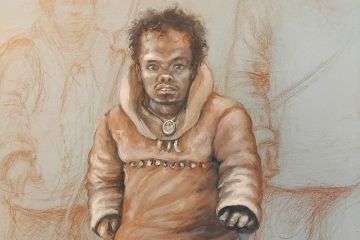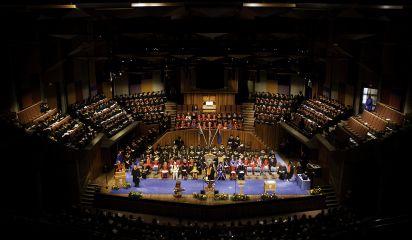Role-playing brings history lessons into 21st century
- Philip Cox

It is January, 1349. The deadly plague sweeping through Europe has just appeared in Norwich, a bustling English town of 25,000 inhabitants. The local Bishop insists that the illness is caused by sin and calls for daily prayer at the church. Prominent physicians counter that the plague is spread by proximity and filth; the city gates must be closed, surfaces must be cleaned and physical distance must be maintained. Tradesfolk worry about the economic impact of it all and push for a business-as-usual approach. Which faction will have the final say?
This is one of the questions that students of a history course being taught online by historian, award-winning author and Royal Society Fellow Rachel Hope Cleves must settle for themselves as they use role-play to learn about and navigate the complex social problems created by the spread of the bubonic plague in Medieval England.
Using a combination of web platforms and technologies like Slack, Zoom and Brightspace to organize and communicate, the students of in Cleves' "History to 1750 through Role Play" course are assigned historically-based characters and provided with original source materials—helping inform their choices as they consider vital (but virtual) decisions like whether or not to quarantine from the plague.
It’s easy to see how the lessons learned in this course resonate today.
“When the pandemic struck, I decided to teach the history of disease as a way of giving historical context to what we were going through in the present,” says Cleves. “Students are fascinated to see which issues arose then as now, such as how to treat the disease medically and whether or not to quarantine and shut down the economy.”
The games that Cleves is using are called ‘Reacting to the Past’ (RTTP), which is an approach to active learning developed at Barnard College, Columbia University and now used in universities and colleges across North America. With close guidance from an instructor, RTTP games prompt students to become more actively involved in their own learning process as they engage with the course materials.
The character research and strategy component of Reacting to the Past gives us a deeper and richer understanding of what it was actually like to be alive in the past. These are real people, just like you and me. They had rich and complex lives and personal motivations that informed their actions. This course leads you to examine these motivations and determine how they influenced their decisions.
—Al Wheeler, UVic third-year history and theatre student
When third-year Medieval Studies student Ashley MacInnes was asked how she felt about the course, she noted that “in a lot of ways it has exceeded my expectations. The games really let you get into character, which has led to some amazing moments in class. If I had to pick only one course to do this entire semester, it would be this one. I’ve consistently found myself not wanting class to end.”
Luckily for MacInnes and other interested students, Cleves is teaching a follow-up—History after 1750 through Role Play—in the spring.Photos
In this story
Keywords: history, teaching, student life, COVID, administrative
People: Rachel Cleves, Al Wheeler, Ashley MacInnes
Publication: The Ring





